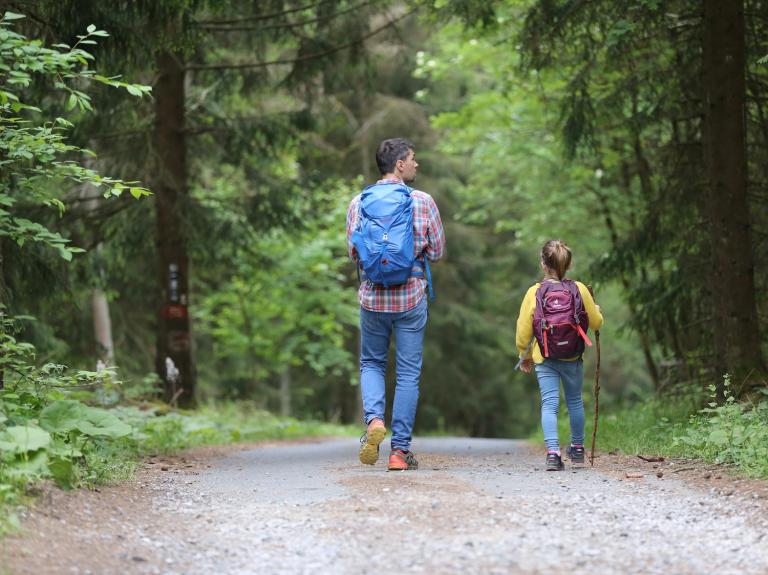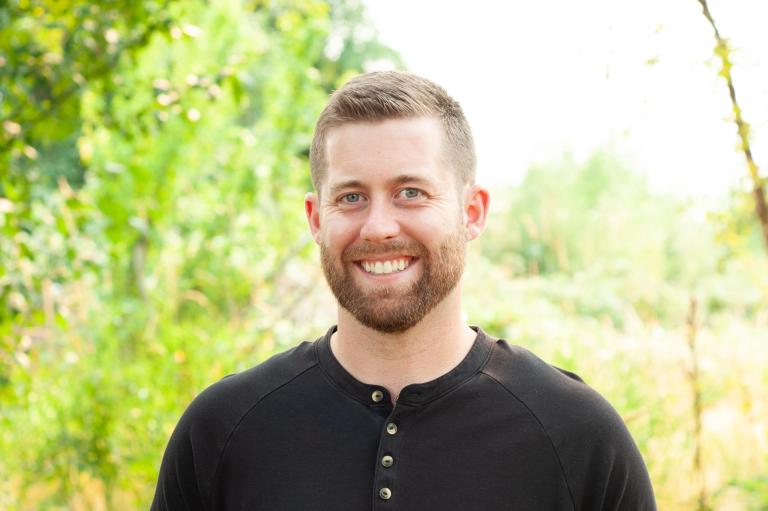
Each of us operates with default settings running beneath our windows of attention.
Becoming a parent made this abundantly clear to me – annoyingly and idealism-shatteringly so.
I see my default tendencies toward anger in my responses to the kids not going to sleep fast enough at night. (“Just go to sleep!”) Or my default desires for control when dinner doesn’t quite go according to my carefully crafted plan. (“What do you mean you don’t like it?! You haven’t even tried it!”)
And on the more positive side, I see beauty in my defaults toward compassion and creativity and “let’s build it again!” when the legos tumble apart.
More than ever before, I’m aware of how my default settings operate – as it turns out, kids really are powerful mirrors.
Which of your “defaults” most often show themselves while parenting?
Bruce Lee has this famous quote: “Under duress, we do not rise to our expectations, but fall to our level of training.”
(I wouldn’t necessary call parenting being “under duress”…but there are certainly moments.)
At the end of each day, my partner and I sit together and check in on various aspects of how we’re doing: as partners, as parents, as people. And we frequently find ourselves using the phrase “building capacity;” as in, we’re building capacity to be more present and more loving and more patient and more caring with our little ones, with each other, and with ourselves.
We remind each other that we’re in the midst of shifting our level of training. We’re learning to be more aware of our default settings, of the ways we were parented, of the ways our parents were parented and their parents before them, of the emotions and dreams and desires we’re holding – all so that we can respond to our kids and to each other in healthier and more honest ways.
It’s one of our practices for zooming out and remembering to have gentleness and kindness for ourselves in the midst of parenting young humans. And to remind ourselves that even on the hard days, we’re damn good parents.
When parenting while stressed, what language and behaviors most define your “level of training?”
It’s also startling to recognize how our default settings – our default level of training – were encoded into us by the values of domination our society rests upon.
That we are not even close to being “self-made.”
Rev. angel Kyodo williams writes,
“Hundreds of years of living in a context designed by pillagers of the land and captors of people—without sufficient intervention—naturally establishes the curriculum of the training to which we fall.
Our methodologies are forged within the default mindset of colonization, capitalism-as-religion, corporation-as-demigod, domination over people and planet, winner take all, rape and plunder as spoils of victory, human and natural resources taken as objects of subjugation to the land-owning, resource-controlling, very, very privileged few.”
It’s an excruciating experience to notice how many times my default response to the kids contains a never-before-examined regurgitation of what I heard growing up – a comment or phrase that perpetuates money-as-worth, winning-as-everything, or property-as-unquestionable. It’s as if something slips out of my mouth and as it passes before my eyes, I see it for the first time. (“Damnit!” is typically my initial inward response.)
And then I work to see it as my communal responsibility to shift from my current level of training to a more intentional one that is human-affirming and aligns with the kind of parent and partner and person I want to be.
And to remind myself that I’m going to experience this again – and that it’s part of the process of growing up, taking responsibility, and embodying my humanness more and more.
Which harmful defaults have you passed on to your children without enough examination or reflection?
Engage in Your Inner Work
For a primer on shadow work and guided inner work resources, sign up for my free 5-day email series titled 5 Days to Get Off Autopilot: Lessons, Guidance, and Activities for Becoming More Intentional With Your Life.
You can also connect with me on Instagram and through The Wednesday 1-2-3, a weekly email where I share 1 contemplative and embodied practice, 2 questions for your inner work, and 3 resources to step into your communities in new ways.













